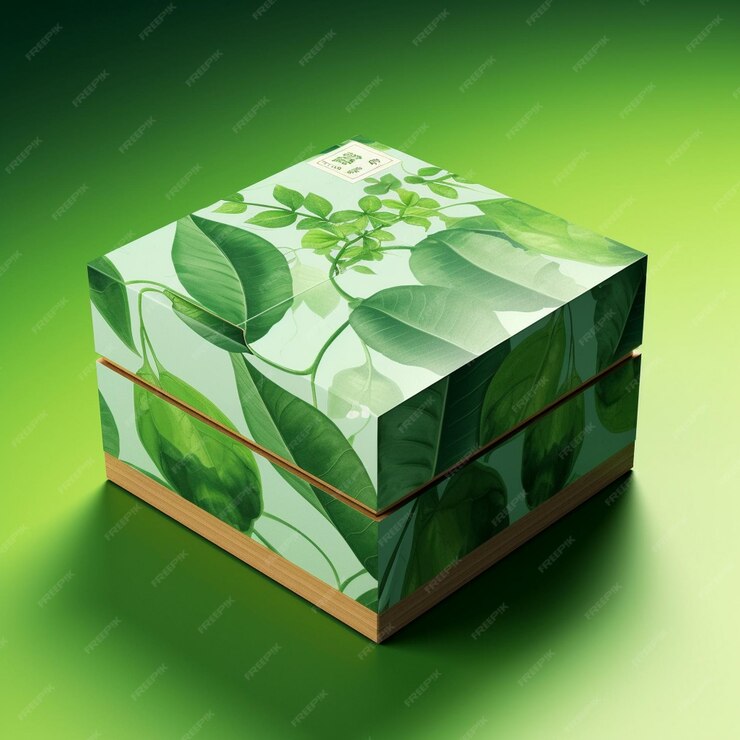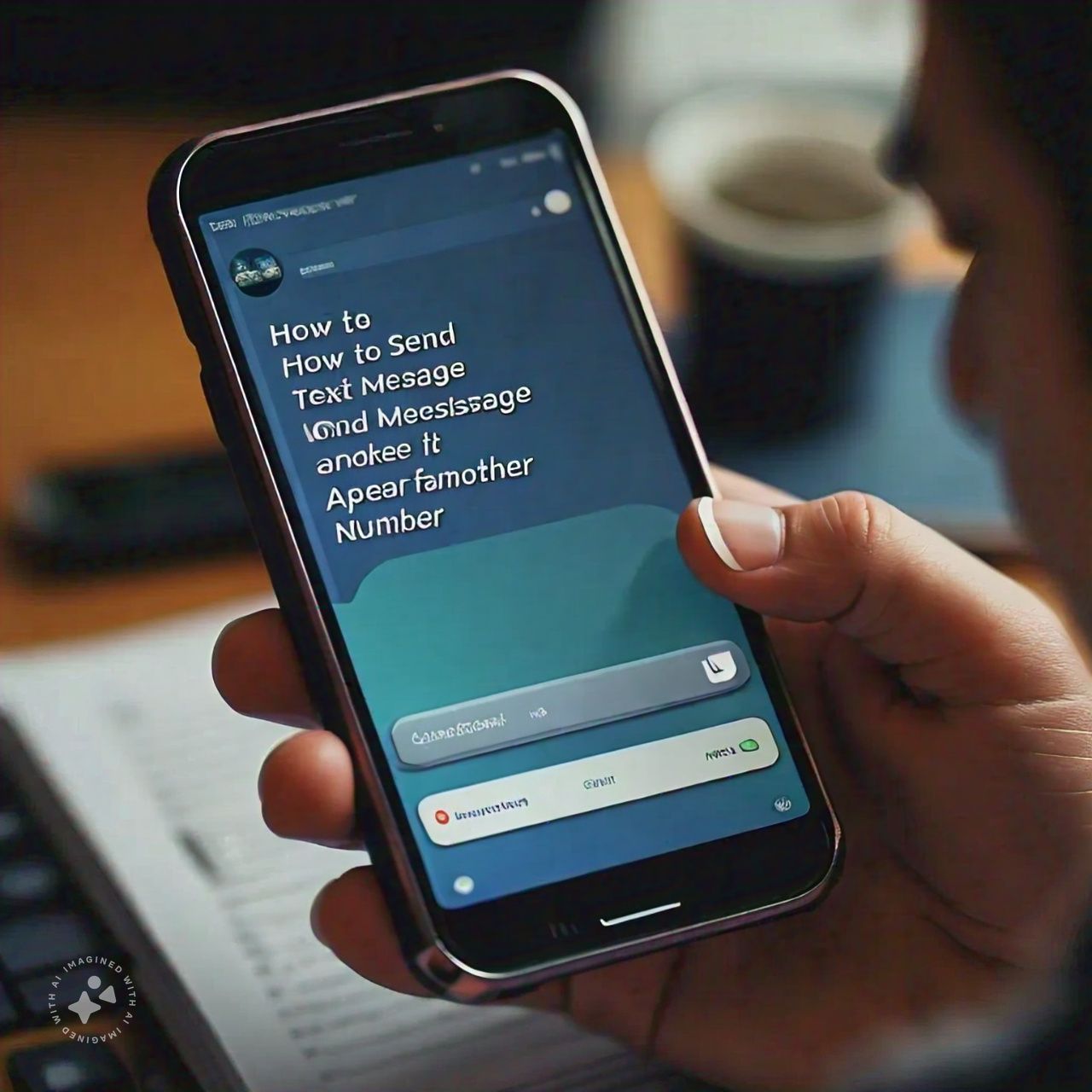
Businesses are constantly looking for ways to improve their products and services to stay competitive in the market. Due to the rise in online shopping and
e-commerce, packaging solutions have become a crucial aspect of a business’s success. Customers are not only looking for high-quality products but also efficient and sustainable packaging. This guide will discuss how companies can improve their packaging solutions to stand out from competitors and ultimately increase sales.
The Role of Packaging in a Business
Packaging in a business extends beyond merely protecting the product; it serves as a critical touchpoint between the brand and the customer. Adequate packaging can enhance brand recognition, ensure product safety, and communicate important information to consumers. Furthermore, businesses must consider environmental impact, customer convenience, and cost-efficiency when designing packaging solutions. In summary, here are the key roles that packaging plays:
- Protection: Safeguarding products from damage during transportation and storage.
- Branding: Reflecting the brand identity and creating a memorable impression.
- Information: Providing essential details such as ingredients, usage instructions, and compliance marks.
- Convenience: Ensuring ease of use and accessibility for customers.
- Sustainability: Reducing environmental footprint through eco-friendly materials and designs.
Improving Packaging Solutions: Tips and Strategies
To achieve effective packaging solutions, businesses can consider the following tips and strategies:
Consider Collaborative Supply Chains
Effective packaging solutions require collaboration between different parts of the supply chain. By working closely with suppliers, manufacturers, and distributors, businesses can find innovative ways to improve their packaging while reducing costs. If you’re in Australia, consider sourcing packaging supplies in Brisbane for local and sustainable options. Involving all parties in the process leads to a faster and more efficient production cycle.
Open communication and collaboration can help consistently optimize packaging solutions with evolving market demands and technological advancements. This synergy ensures packaging meets safety and regulatory requirements while enhancing the customer experience. Strategic partnerships can lead to bulk purchasing discounts, shared shipping costs, and access to advanced materials and technologies.
Invest in Quality Materials
The quality of your packaging materials speaks volumes about your brand. Low-quality packaging can damage the product, create a negative brand perception, and result in higher costs due to increased returns and replacements. Investing in quality materials ensures that the product is protected during transportation and creates a positive impression on customers.
Opt for durable,premium-grade materials that can withstand potential hazards during transportation and storage. This will not only protect the product but also reduce costs in the long run.
Go for Sustainable Packaging Options
Consumers expect businesses to do the same as they become more environmentally conscious. Utilizing recyclable, compostable, or biodegradable materials can significantly reduce the environmental impact of packaging. Furthermore, companies can innovate with minimalist designs that use fewer materials without sacrificing product protection or appeal. By prioritizing sustainability, businesses positively impact the environment and bolster their brand’s reputation among eco-aware customers.
Another strategy to improve packaging solutions through sustainable packaging is to use water-based inks for printing and soy-based adhesives. These alternatives have lower environmental footprints compared to their conventional counterparts. Additionally, businesses can explore the use of reusable packaging, which customers can return for a discount on future purchases. By implementing a closed-loop packaging system, companies can minimize waste and foster customer loyalty through incentive programs.
Personalize Your Packaging
In today’s market, personalization is critical to standing out from competitors. Customized packaging can include incorporating the customer’s name on the product box to using branded colors, logos, and unique designs that reflect the essence of your business. Personalized touches, such as handwritten thank-you notes, special inserts, or customized stickers, can leave a lasting impression and foster customer loyalty.
Moreover, leveraging data-driven insights to customize packaging based on customer preferences and buying behavior can greatly enhance satisfaction. Personalization sets your product apart in a crowded market and transforms the unboxing experience into a memorable event. This encourages customers to share their excitement on social media, offering organic promotion for your brand.
Consider Packaging Design as Part of Branding
The visual appeal of your packaging can greatly influence a consumer’s perception of your brand before they even try your product. Consistency in colors, typography, and logo placement across all packaging strengthens brand recognition and establishes a stronger market presence. A well-designed package reflecting the brand’s identity can convey quality, professionalism, and trustworthiness, which are key to building long-term customer relationships.
Effective packaging design sets your product apart from competitors in stores and online. Eye-catching graphics and innovative design elements capture customers’ attention, enticing them to choose your product. Incorporating storytelling aspects, like your brand’s history or the product’s journey, fosters a deeper emotional connection with customers. This alignment between packaging and branding creates a cohesive and memorable experience, driving customer loyalty and propelling your business forward.
Prioritize Functionality
While aesthetics and branding play significant roles in packaging, functionality should always be noticed. Effective packaging must be practical and user-friendly to ensure an optimal customer experience. This involves considering factors such as ease of opening, resealability, and storage efficiency.
Functional packaging safeguards the product during delivery and aligns with the consumer’s needs, enhancing their overall satisfaction. For instance, easy-to-open packaging can significantly improve accessibility for all customers, including those with physical limitations. Businesses should prioritize functionality to ensure a positive and inclusive customer
Trends like minimalistic design, innovative packaging, and augmented reality are gaining traction. Minimalistic designs emphasize simplicity and elegance with clean lines, subtle colors, and stylish fonts. Smart packaging uses tech like QR codes or NFC tags to give customers quick access to more information or interactive experiences. Augmented reality offers brands a new way to engage consumers through interactive and immersive experiences, making unboxing memorable.
The rise in e-commerce has led to more innovative packaging for shipping and handling. Businesses use more durable and secure packaging to ensure products reach customers in good condition. There’s a focus on “right-sized” packaging to minimize waste and reduce shipping costs. The unboxing experience has also become crucial for branding, especially with influencers and social media promotions.
Conclusion
Improving packaging solutions is pivotal for businesses aiming to thrive in a competitive market. Effective packaging does more than just protect the product—it enhances brand recognition, communicates essential information, and meets consumers’ growing demands for sustainability. By investing in suitable materials, thoughtful design, and cutting-edge technologies, businesses can create packaging that delights customers and supports environmental goals.


![Chris Brown Phone Number [Whatsapp, Email and Contact Details] 2024](https://lazynaijayouths.com/en/wp-content/uploads/2024/12/BLAKPROPHETZ-CHRIS_BROWN_-_BET_AWARDS_cropped.jpg)

![How To Make a Married Man Spend Money on You [10 Secrets]](https://lazynaijayouths.com/en/wp-content/uploads/2024/12/inside-main-picture.webp)
![Yahoo Blackmail Format Investigation [How this Scam Format Works]](https://lazynaijayouths.com/en/wp-content/uploads/2024/12/blackmail-format.webp)